Anterior Cruciate Ligament (ACL) Reconstruction is a surgical procedure designed to replace a torn ACL, which is one of the major ligaments in the knee. The ACL plays a key role in stabilizing the knee joint, preventing it from excessive forward motion and rotational movements. ACL injuries are common in athletes, particularly those who engage in sports that involve sudden stops, jumps, or changes in direction.
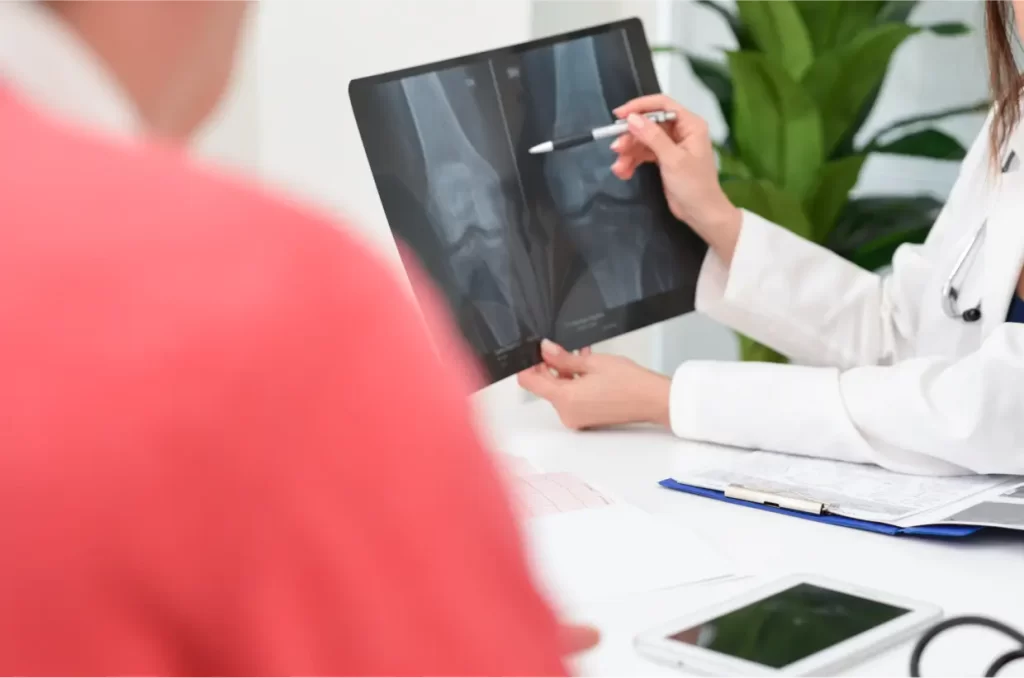
ACL reconstruction has given satisfactory outcomes in 75% to 97% of patients
There are 5% chance of failure of ACL reconstruction due to trauma
The survival rate of ACL reconstruction for patients ranges between 81 – 83%
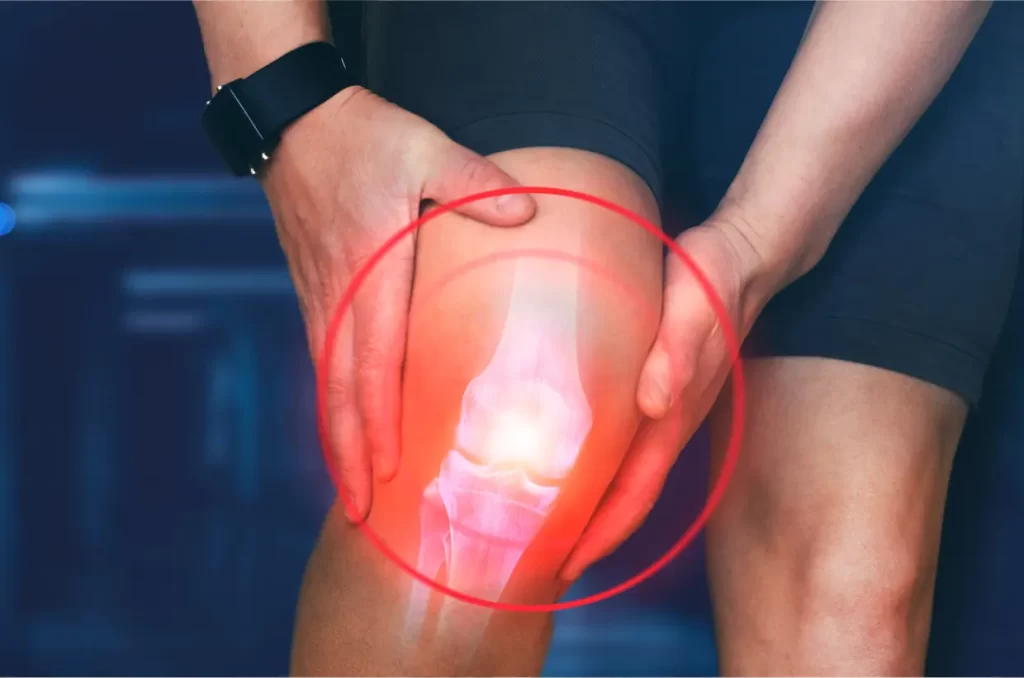
ACL injuries often cause sudden pain, swelling, and instability in the knee, affecting movement and daily activities. Common signs include:
Certain factors increase the risk of ACL injuries. Key risk factors include:
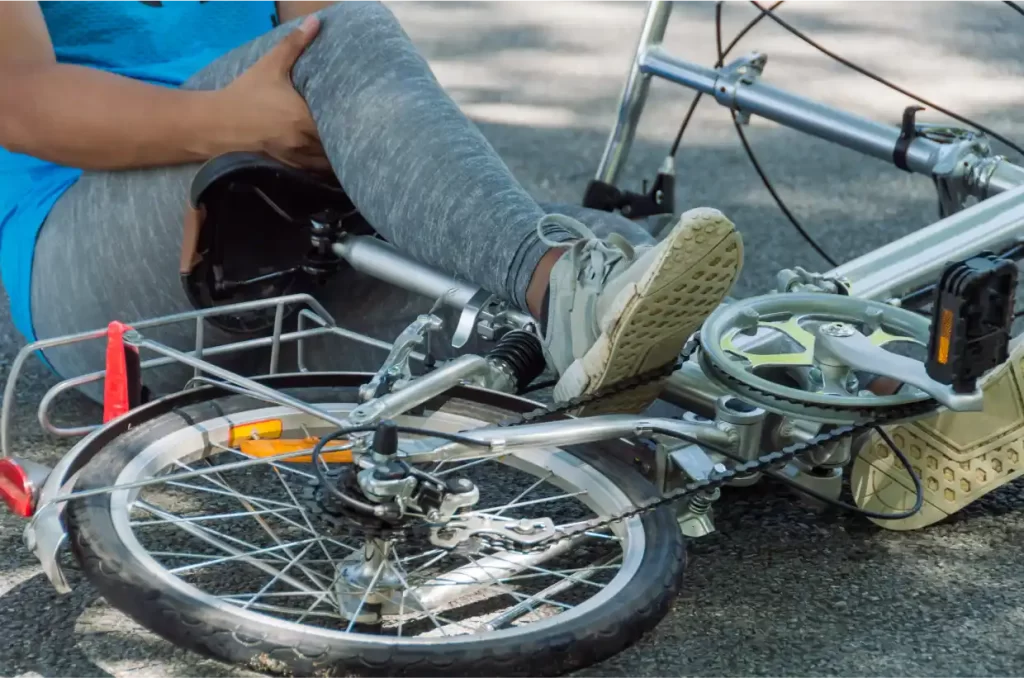
As our valued patient, you are at the center of everything we do – and that will never change.
Open every day from 8 – 8, with no appointments necessary. Just walk in at a time that works best for you.
We know how busy life can be. That’s why most patients are in and out in less than an hour.

Healthy nutrition supports ACL recovery, tissue repair, and reduces inflammation. Key foods include:
Proper training and techniques help prevent ACL injuries. Key strategies include:
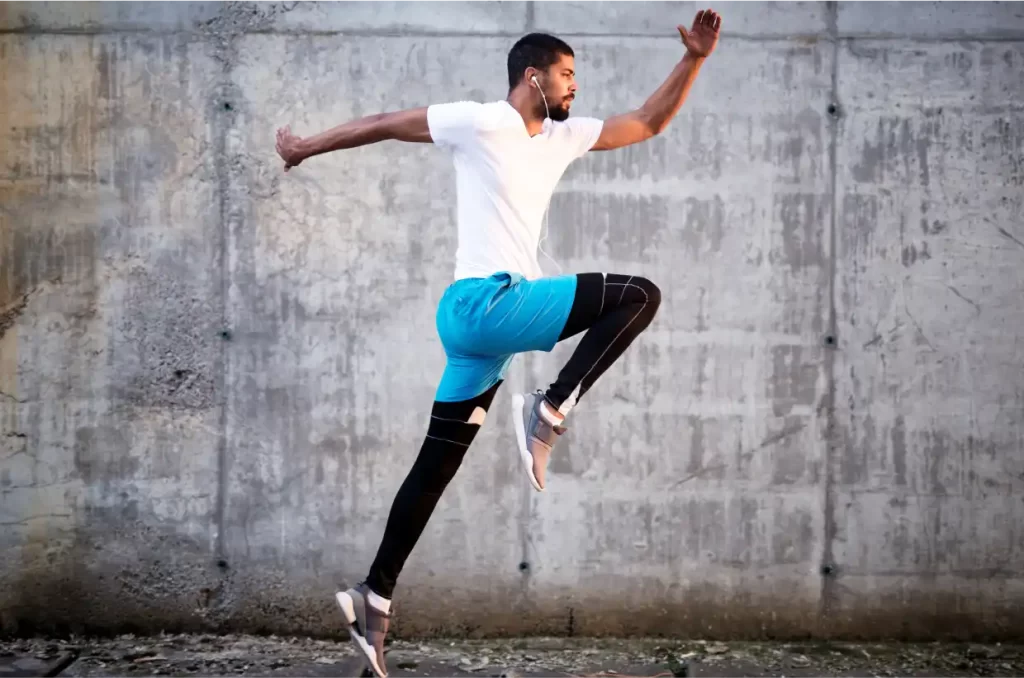
From trouble sleeping to work stress to anxiety to depression, we all have difficulty managing our emotions at times. It’s part of being human. And addressing these issues is a vital part of what we do as a primary care practice, because your emotional well-being is essential to your overall health and wellness.
We’ve redesigned the doctor’s office experience to fit your life, put you at ease, and treat you as a whole person. We create safe and inviting spaces,
ask meaningful questions, give you time to talk, and listen without judgment. Then we work with you on a plan to help you feel your best — whether you want to sleep better, feel calmer, worry less, or get a better handle on your mood.
To continue shedding a light on mental health issues, we teamed up with the award-winning musicians from Bear and a Banjo to create a song showing people they’re not alone. See how the project came to life in the video above — and if you’re struggling, we can help.
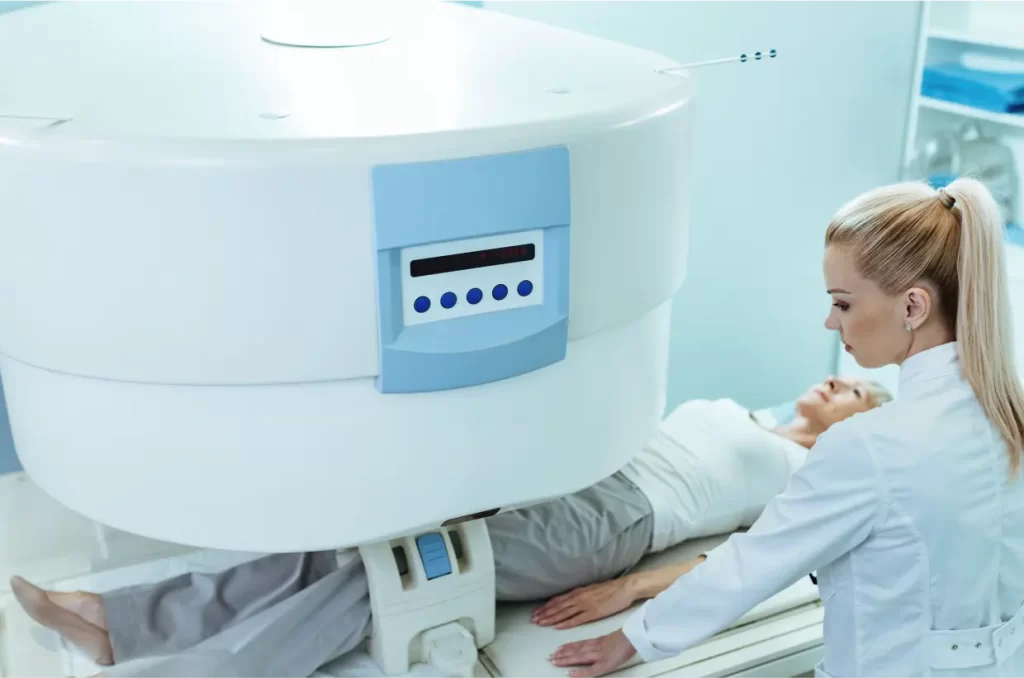
ACL injuries require proper evaluation to confirm the extent of damage:
ACL reconstruction includes continuous monitoring, follow-up, and comprehensive patient care:
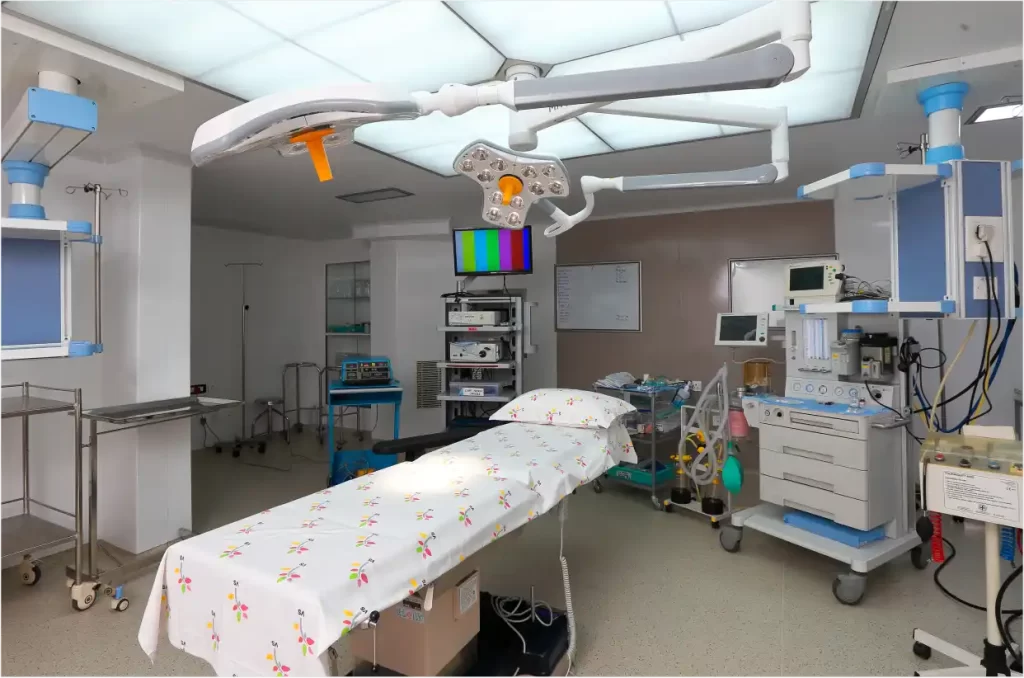
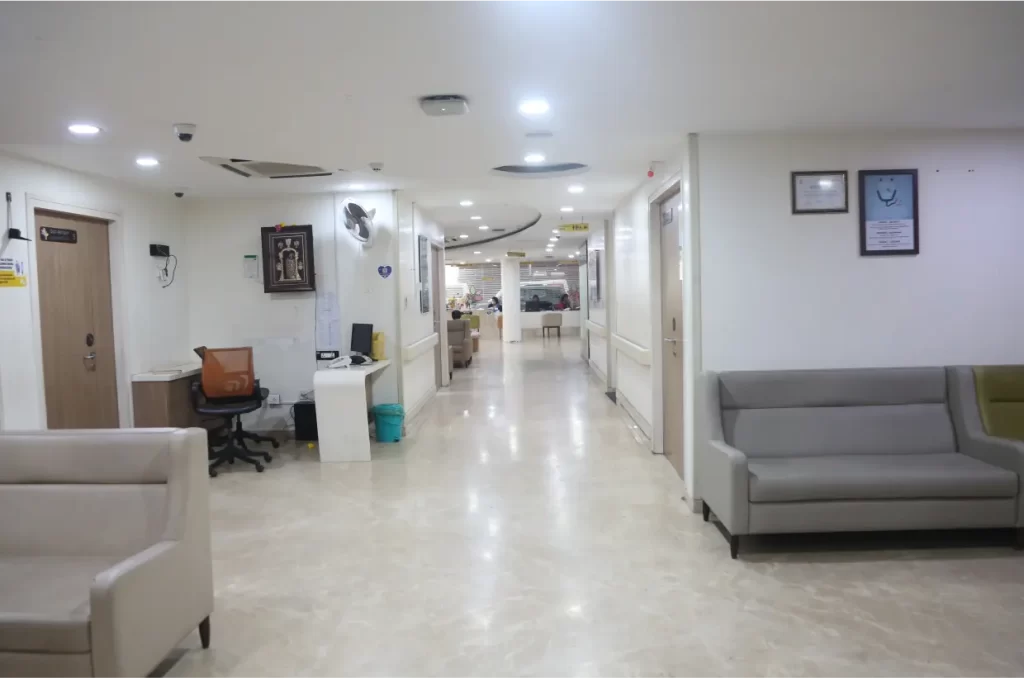
ACL reconstruction includes continuous monitoring, follow-up, and comprehensive patient care:
Recovery time from ACL reconstruction varies depending on the individual’s health and commitment to rehabilitation. Typically, it takes 6-9 months for athletes to return to their previous level of activity. Physical therapy plays a significant role in reducing recovery time.
Most patients can begin walking with crutches within the first few days after surgery. Full weight-bearing activities, however, should only be resumed once advised by the surgeon, typically around 6-8 weeks post-surgery.
Yes, with proper rehabilitation and physical therapy, most individuals are able to return to sports after ACL reconstruction. However, the return to high-impact sports like football or basketball is typically allowed after 6-9 months of recovery.